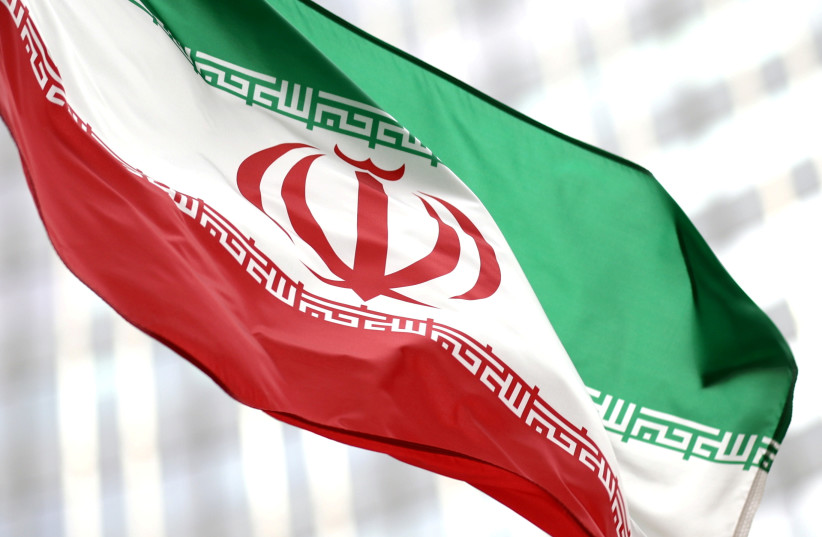WASHINGTON – The US is “not willing and will not take unilateral steps as sweeteners to sweeten the pot just to get negotiations going,” State Department spokesperson Ned Price said on Monday, in response to a New York Times story stating that the administration is willing to ease sanctions on Iran to encourage them to negotiate faithfully in Vienna.
“A mutual return to compliance... is in the interests of the United States; it is in the interests of the other members of the P5+1; it is also, as previous governments in Iran have concluded, in the interests of Tehran if we are able to get there,” Price said at the Department’s press briefing. “We will be clear that we’re not going to engage in unilateral steps for the sake of just getting back to the table.”
The Times also reported that US officials have warned Israel that attacks against the Iranian nuclear program are counterproductive, and have enabled Tehran to rebuild an even more efficient enrichment system. Asked about the report, Price said that “at the end of the day, the United States and Israel share a common objective here, and that is to see to it that Iran is verifiably and permanently prevented from obtaining a nuclear weapon.
“We continue to believe that diplomacy in coordination with our allies and partners – and that, of course, includes Israel – is the best path to achieve that goal. It’s the best path because it sets us out on an approach that is verifiable and that is sustainable and that is permanent, and that is one of the key advantages that the JCPOA conveys.”
The Vienna indirect negotiations with Iran about a mutual return to the 2015 nuclear agreement are expected to resume on Monday.

The IAEA Board of Governors is scheduled to meet later this week ahead of the Vienna talks.
Asked whether the US supports a censure of Iran given the steps it has taken outside of the nuclear deal, Price said that “Iran’s provocative nuclear steps are of great concern to us. They are of great concern to our partners as well. We have made very clear that these continued nuclear escalations are unconstructive, and they are at their core inconsistent with the stated goal, with Iran’s stated goal of returning to mutual compliance with the JCPOA. We’ve also been very clear that they serve no constructive end. They will not provide Iran with any negotiating leverage when talks resume in Vienna next week.”
Price said that “what we are trying to test out in Vienna is not an approach that we will take indefinitely… because eventually Iran’s continued nuclear advances will render the advantage, the utility of returning to the JCPOA. We’re not at that point yet. We continue to believe that diplomacy provides the most sustainable, the most durable, and really the only permanent and verifiable means of seeing to it that Iran can never again obtain a nuclear weapon. And so that’s why we are returning to Vienna to see to it if we can achieve that mutual return to compliance.”
